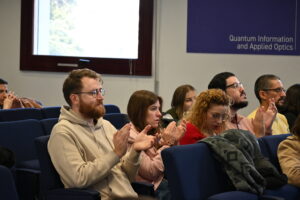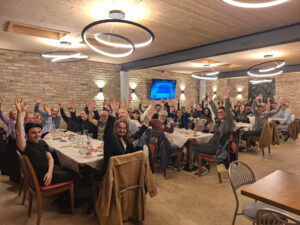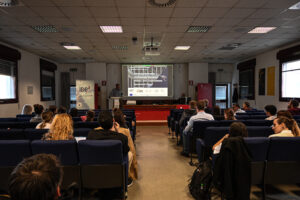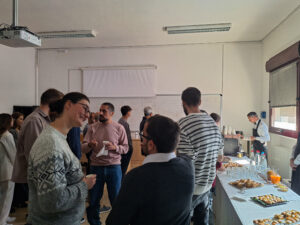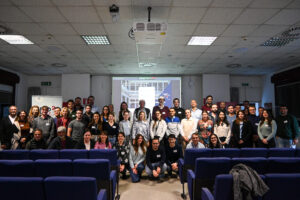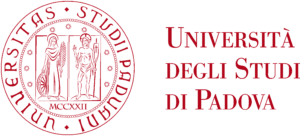The second IDPfun2 Conference will take place in Padua, Italy, from November 11 to 13, 2025. Building on the success of the 1st IDPfun2 Conference in Buenos Aires, this event will once again bring together leading scientists from Europe and Latin America to strengthen international collaboration in the study of intrinsically disordered proteins (IDPs). This edition titled “Advancing the Frontier of Intrinsically Disordered Proteins: From Conformational Dynamics to Clinical Relevance” will focus on IDPs dynamic behavior, highlighting their functional versatility and involvement in disease mechanisms. The Conference will offer deeper insights into novel technologies and tools for studying IDPs therapeutic targeting strategies, emerging biophysical techniques, and the role of IDPs in evolution and adaptation. The event is open to the general public and will also be live-streamed for remote attendance.
The event is jointly organized with the IDP2Biomed consortia.
Abstract information
Participants are encouraged to submit an abstract for consideration. Submissions will be reviewed by the organising committee, and selected presenters will be invited to deliver either a 30” scientific talk or a 5” flash talk.
Please note that talks and flash talks must be delivered in person.
Key dates
Abstract submission: opens July 29 2025 – closes September 2, 2025
Registration: opens September 8, 2025 – closes September 12, 2025
📄
Agenda
Silvio Tosatto, University of Padova
Carlo Ferrari, University of Padova
Maria Cristina Aspromonte, University of Padova
Diana Battistella, University of Padova

